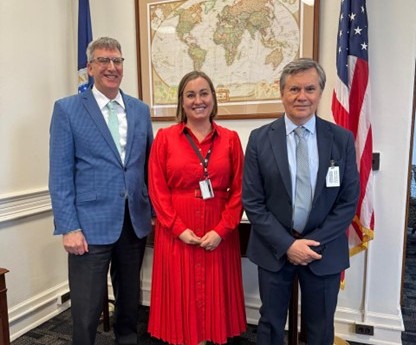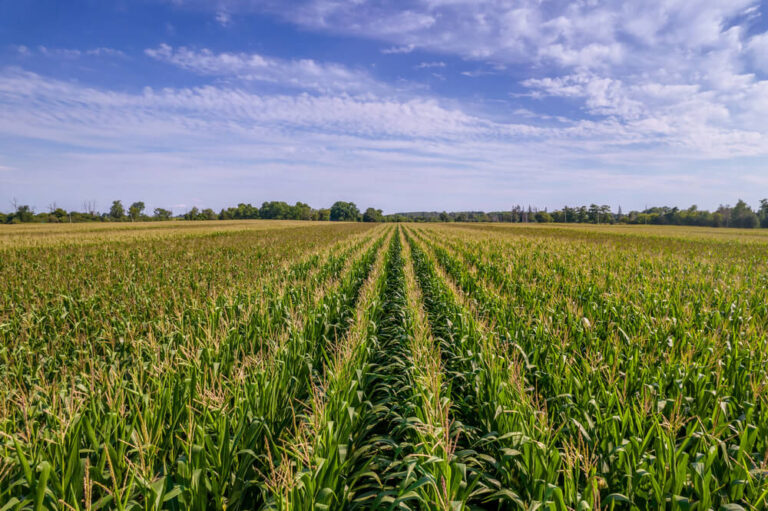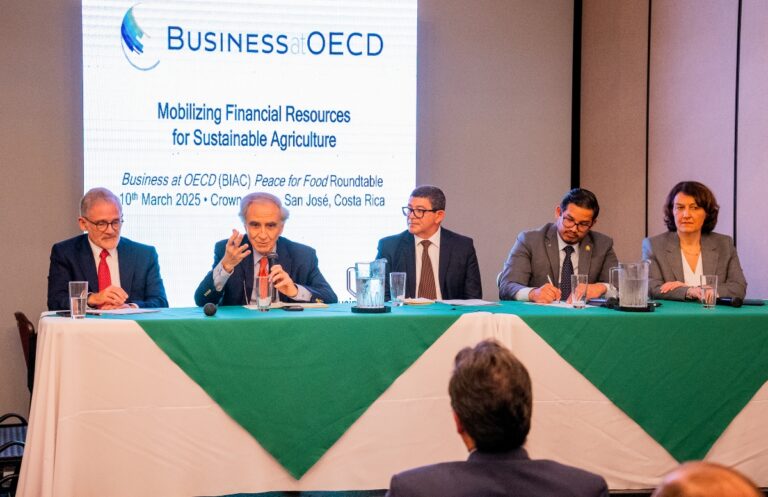Improved productivity, the inclusion of youth and the increased resilience of the sector to the climate crisis were some of the aspects outlined by the Caribbean ministers of Agriculture during a meeting at IICA Headquarters.
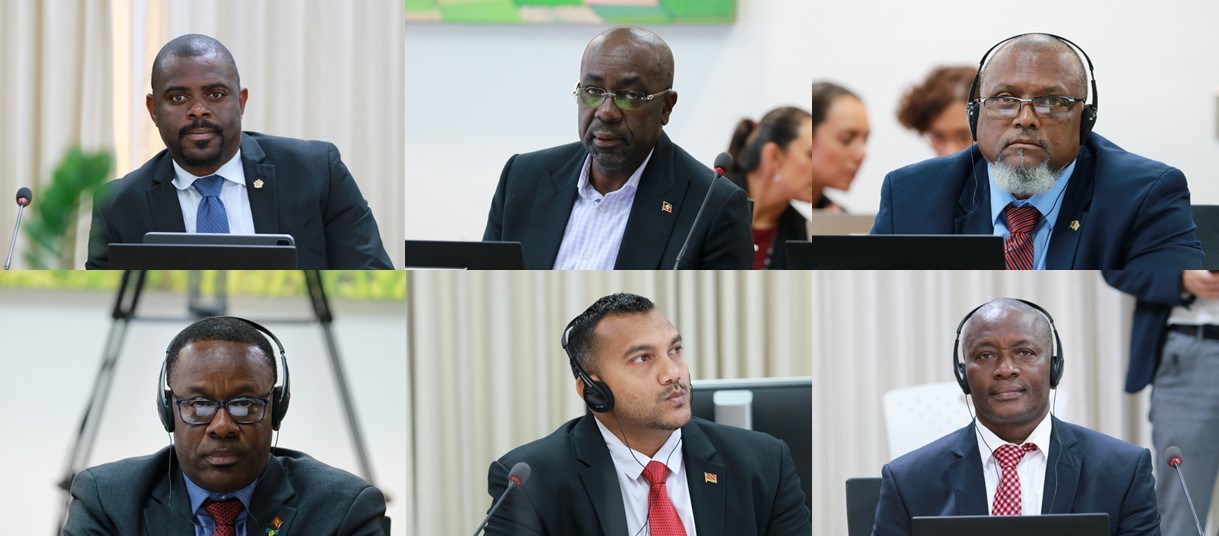
San Jose, 18 July 2023 (IICA) – Meeting in Costa Rica on Tuesday, the ministers of Agriculture of the Caribbean pointed out the importance of increasing the sector’s resilience to the climate crisis, improving productivity to reduce food import dependence and incorporating new technologies to attract more young people to agriculture, among other areas in which they all require support.
The ministers were at a meeting at the Headquarters of the Inter-American Institute for Cooperation on Agriculture (IICA), in San Jose, Costa Rica, which the hemispheric organization convened with a view to determining a roadmap for this region, which urgently needs to reduce its food insecurity and to better equip itself to tackle the climate crisis.
During the event, which was led by IICA Director General, Manuel Otero, the ministers gave the work of the organization a decisive vote of confidence and recognized the value of the technical cooperation projects that are being implemented in the Caribbean to strengthen small farmers, incorporate new technologies and bolster agricultural resilience, among other objectives.
IICA has 34 Member States in the Americas and 14 of them are in the Caribbean. Otero stressed the importance of IICA maintaining offices in every one of the countries.
The Agriculture ministers attending the meeting in person and virtually were Everly Greene, from Antigua and Barbuda; Indar Weir, from Barbados; Adrian Thomas, from Grenada; Zulfikar Mustapha, from Guyana; Charlot Bredy, from Haiti; Floyd Green, from Jamaica; Samal Mojah Duggins, from St. Kitts and Nevis; Alfred Prospere, from St. Lucia; Saboto Caesar, from St. Vincent and the Grenadines; and Avinash Singh, from Trinidad and Tobago.
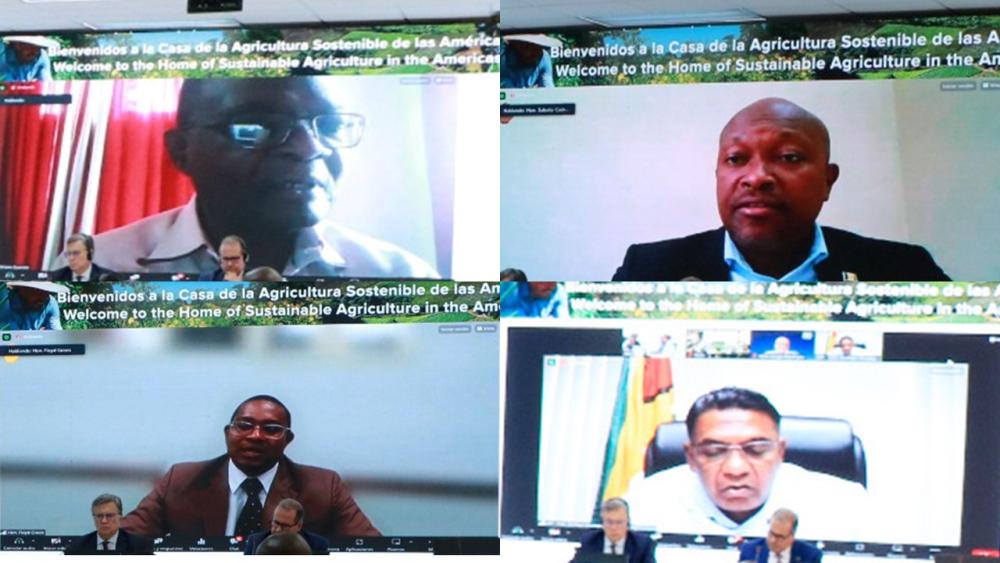
Reduction of imports
Zulfikar Mustapha, the minister from Guyana, explained that the countries of the Caribbean Community (CARICOM) have set themselves the target of achieving a 25% reduction in their food imports—on which they have traditionally depended—by 2025.
“I would like to recognize the tremendous support that IICA has lent us on various projects—he said—for example, to improve rice production, combat pests and diseases and to devise strategies to tackle climate change”.
Everly Greene, from Antigua and Barbuda, remarked that, “The COVID-19 experience taught us to take the matter of food security very seriously. For example, today we want to harness the abundant resources of the oceans to supply water for agriculture. It is somewhat costly, but we can do it. He agreed that IICA’s cooperation had produced results, “not only in the field, but in the minds of people”.
Indar Weir, from Barbados, spoke of the importance of IICA’s work in his country to incorporate women and youth into the agriculture sector, indicating that,
“In general, agriculture has been associated with long work days and minimal compensation, but now people are realizing that things have changed and this is because of the support we have received”.
Minister Adrian Thomas said that Grenadians are heavy consumers of meat, which the country has to import. He explained that, “The food import bill is alarming. We want to be self-sufficient in chicken and the other meats that we consume”, stressing that for Grenada, the increased efficiency of agricultural activity has become a priority.
The minister from St. Kitts and Nevis, Samal Mojah Duggins, agreed that reduced dependence of food imports is also a critical need, saying that, “We have a far way to go in terms of capacity development. Our problem is cultural and IICA has been assisting us in this area. We can do much more to add value to our crops. With political will, everything is possible”.
Minister Floyd Green, from Jamaica, underscored the continuous focus that IICA has demonstrated with respect to agriculture and the food security situation in the Caribbean. He said that, “In our country, most farmers are small farmers. More than 80% have plots that are less than two hectares in size and they are the ones that are most vulnerable to climate change. One of our problems is water and we are finding it difficult to increase irrigation”.
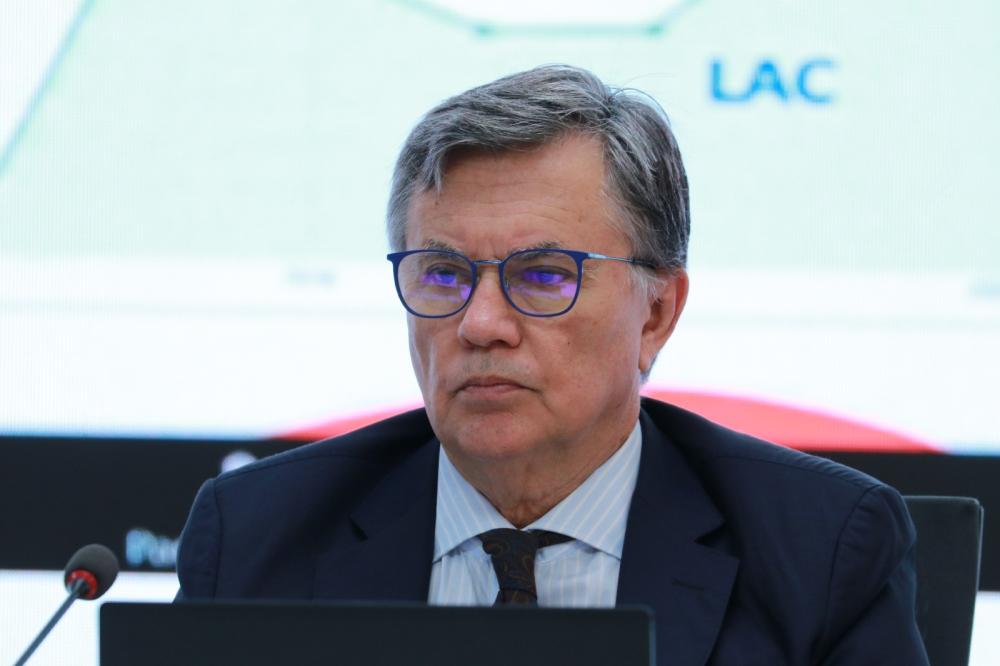
Cooperation for food security
Saboto Caesar emphasized that IICA has always made itself available to assist St. Vincent and the Grenadines and indicated that his country is aiming to improve its food and nutritional security. “We have a plan for this, and along with the other Eastern Caribbean States have our focus placed on 2025. In St. Vincent and the Grenadines, we are seeking to stimulate production and exploring the area of agroprocessing”, said Caesar, who also pointed out the important collaboration between IICA and CELAC – an organization in which St. Vincent and the Grenadines currently holds the pro tempore Presidency.
Charlot Bredy, the minister from Haiti, one of the Western Hemisphere’s most vulnerable countries, felt that the development of a joint cooperation strategy would be important in tackling the problem of food security. He stated that, “IICA serves as a cooperation bridge between countries, which is critical for the most disadvantaged among us”.
“The challenges we face in the agriculture sector are many: climate change, the COVID-19 pandemic and the war in Ukraine, all of which are driving up the costs of agricultural imports”, said Alfred Prospere, the minister from St. Lucia. He felt that one of the key problems is the fact that the farming population is getting older and that strategies to attract young people must be expanded.
Also addressing this topic was Avinash Singh, of Trinidad and Tobago, who said that threats to food security will increase if the upcoming generations do not become involved in food production. He also touched on the matter of technology: “We must digitalize technology so that data and information can be collected for farmers to use in decision making”.
In closing the intensive session, Manuel Otero committed to incorporate all of the needs pointed out by the ministers into IICA’s roadmap for the region. The Director General thanked them for the confidence placed in the Institute and said that the organization would be there to support their efforts to reduce levels of food insecurity, tackle the climate crisis and promote a cultural change. “The objectives that you have set out are now ours”, he said.
More information:
Institutional Communication Division.
comunicacion.institucional@iica.int
